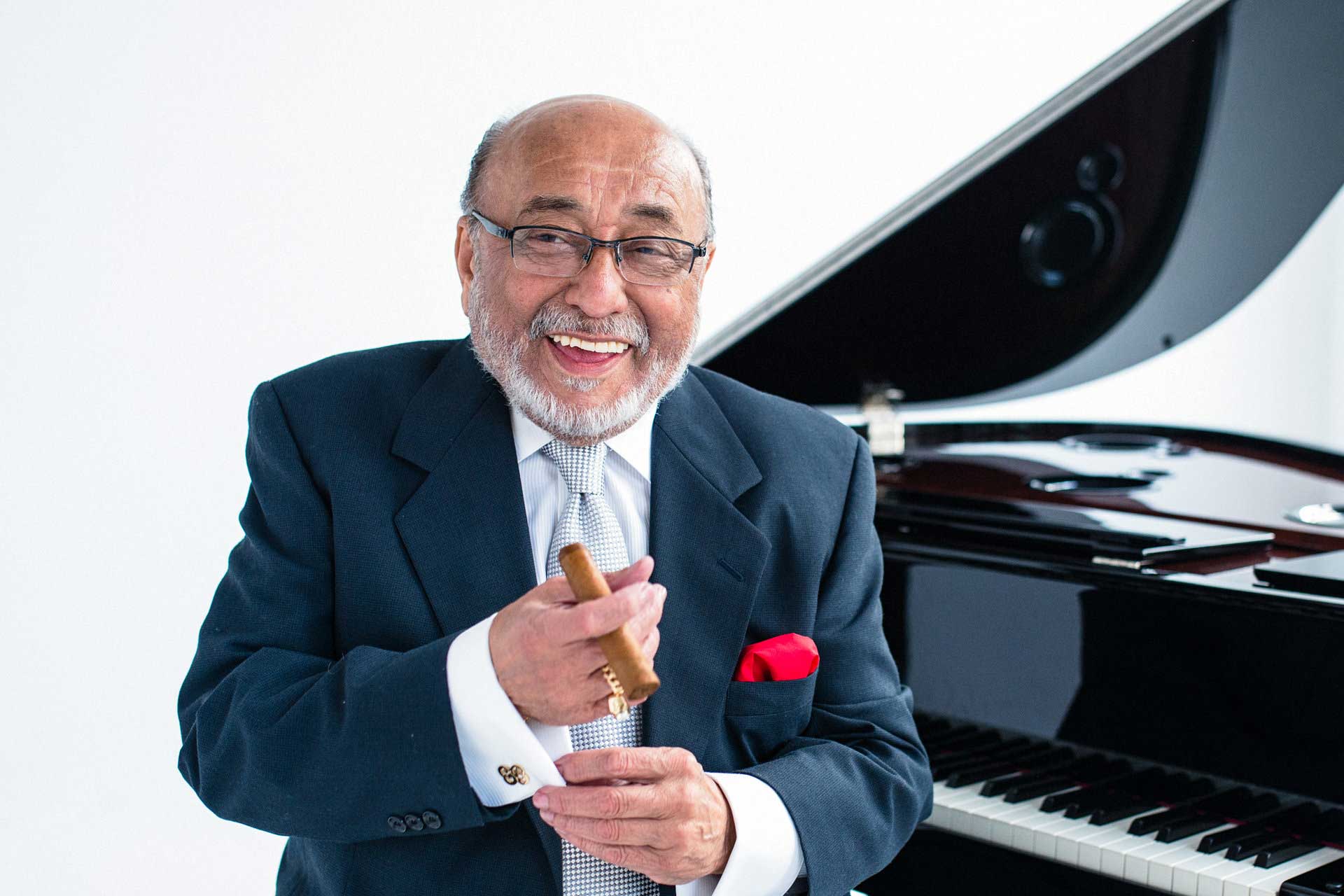Known as one of the finest of the past 60 years, Eddie Palmieri is a bandleader, arranger and composer of salsa and Latin jazz. His playing skillfully fuses the rhythm of his Puerto Rican heritage with the complexity of his jazz influences: Thelonious Monk, Herbie Hancock, McCoy Tyner as well as his older brother, Charlie Palmieri.
Palmieri’s parents emigrated from Ponce, Puerto Rico to New York City in 1926. Born in Spanish Harlem and raised in the Bronx, Palmieri learned to play the piano at an early age, and at 13, he joined his uncle’s orchestra, playing timbales.
Palmieri’s professional career as a pianist took off with various bands in the early 1950s including Eddie Forrester, Johnny Segui’s, and the popular Tito Rodriguez Orchestra. In 1961, Palmieri formed his own band, La Perfecta, which featured an unconventional front line of trombones rather than the trumpets customary in Latin orchestras. This created an innovative sound that mixed American jazz into Afro-Caribbean rhythms, surprising critics and fans alike. Palmieri disbanded La Perfecta in 1968 to pursue different musical endeavors, though he would return to the band’s music in the 2000s.
Palmieri perfected his arranging skills in the 1970’s releasing several impressive recordings that reflected his unorthodox approach to music. His unconventional style would once again surprise critics and fans with the 1970 release entitled “Harlem River Drive.” This recording was the first to merge what were categorized as “Black” and “Latin” music into a free-form sound that encompassed elements of salsa, funk, soul and jazz. In 1975, Palmieri won the first-ever Grammy for Best Latin Recording for The Sun of Latin Music (he’s won ten Grammys altogether to date), including two for his influential recording with Tito Puente, Obra Maestra/Masterpiece.
Recognizing Palmieri as an American icon, the Smithsonian’s National Museum of American History in Washington, DC, recorded two of Palmieri’s performances for its archives in 1988. Because of Palmieri’s proclivity for creating music in funk Latin style, Little Louie Vega invited him to record on Nuyorican Soul (1997), a release that became very popular in the house and underground music scenes.





